Ontario Athlete Leadership Council (OALC)
The Ontario Athlete Leadership Council is a group of Special Olympics Ontario athlete leaders who have been appointed or nominated by a member of their community or Special Olympics Ontario staff. OALC members are nominated based on their ability to provide a voice for athletes in their communities, and their commitment to ensuring athletes are able to actively participate in Special Olympics initiatives and share their unique perspectives.
Qualifications and Requirements
OALC representatives must be 18 years or older, a registered Special Olympics Ontario athlete and are required to have a minimum of 4 years of experience as a Special Olympics Athlete. Candidates must be in good standing with their Community and Special Olympics Ontario. Athletes appointed to the Athlete Leadership Council are required to have taken part in the Athlete Leadership Program (ALPs) prior to applying for a position and have developed the ability to participate independently in meetings and on conference calls. All members must have access to email. Some travel may be required.
Council Participation
OALC members serve on the council for a term of a minimum of two (2) years. After their 2-year term, athletes can choose if they would like to remain on council for an additional term of 2 years. Athletes cannot spend more than 2 consecutive terms on the council and must take at least four years off before being nominated again.
The OALC meets four times a year to share information and ideas pertaining to projects and events happening in their respective communities. The OALC also discusses the role of athlete leadership in the Special Olympics Ontario movement, and strategies and opportunities to expand the participation of athlete leaders in the development of the organization.
Practicum Project
During the second year of the athlete’s term on council, OALC members are given the task of developing and executing a practicum. Practicums are assigned to allow athletes an opportunity to apply the skills they have developed as an athlete leader and address some of the identified needs of the athletes in their community. Members are given a full year to develop a plan, propose the idea to the Athlete Leadership Coordinator, and then execute the practicum in their community. Practicum projects can be but are not limited to including: hosting a fundraiser, running a healthy athlete’s session, presenting information about the Special Olympics movement at a community function, running a social club for fellow athletes, etc. Each member will have 1-year to complete the practicum and during the last meeting of the member’s 2-year term, present on what they accomplished while on council.


